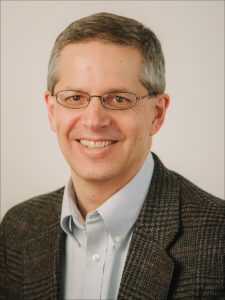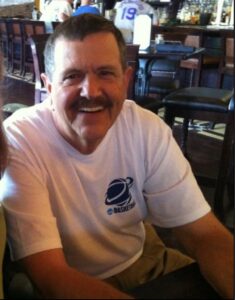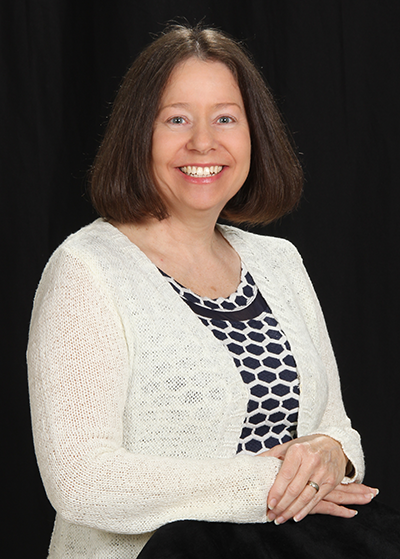From the March 2021 issue of AEJMC News
Turning the Page with an Uncertain Future

Turning the page. The dominant meaning of this idiom is about creating a fresh start, putting the past behind us and moving willingly and purposefully into the future.
The theme for the 2021 AEJMC conference is turning the page – it seeks to capture the excitement, and perhaps some of the anxiousness, with which we meet an uncertain future.
We – AEJMC, our universities, media, our world – are potentially poised at a constitutive moment. Historical sociology thinks of constitutive moments as those rare times in history when a combination of events creates an impetus and opportunity for new paths forward. Once taken, those new paths can set us on a new course, with implications for years, and perhaps a generation or more, to come. It seems we are at one of those moments.
Our scholarship, teaching and learning have been disrupted by a combination of events in recent months and years. So too have the media and communication professions with which we engage and study.
We’ve experienced a pandemic, Black Lives Matter movement, economic upheaval, Me Too movement, the Trump presidency and more. Some of these we’ve welcomed; some we haven’t. Regardless, we’ve been given an opportunity to rethink taken for‐granted ways of doing things.
AEJMC is also facing these same events and also anticipating a new executive director for the first time in over two decades. This too opens a constitutive moment, an opportunity to turn the page in the century‐plus history of our association.
These are things for us to contemplate and discuss at the 2021 conference.
The breadth and depth of change is never predetermined in a constitutive moment. While some old paths are closed, others aren’t. In some cases, we may find our way back, for example, to pre‐pandemic ways of doing things. Hence, we need to assess carefully and move with willfulness and purpose to forge new paths.
For AEJMC a top priority must be changing those attitudes and structures that have limited our racial and gender diversity. One of the complaints I’ve heard about our conferences is that year after year it’s just the same people talking about the same things.
Here’s an opportunity to turn the page.
Likewise, we can think about how we foster a robust academic community. A significant part of the AEJMC board’s decision to hold a virtual conference again this year was because so many members have had travel and professional development funds cut or greatly reduced.
Perhaps this is a moment to recognize that we are suddenly – albeit likely temporarily – in the same position many would‐be colleagues have always been in. Scholars at many small colleges and universities, including many HBCUs, have rarely had the same resources as large research universities. Who has been excluded from our academic community? How might we be able to change that? How might we turn the page?
I also think that turning the page means more than just making a fresh start. A story consists of many pages and when we turn the page, we anticipate new developments in an ongoing story.
The story can’t be understood apart from the pages that came before. So, turning the page isn’t about forgetting the past; it’s about moving the story forward in new ways.
And so it is with AEJMC. The association has benefitted significantly from the capable leadership of Jennifer McGill. Her story is filled with page after page of accomplishments. It’s a story of a huge expansion in member services, careful financial stewardship and a steady administrative hand.
When we turn the page as she retires this year, we will be continuing and building on her legacy. It will also be a chance to pursue new ways of doing things.
I hope the 2021 AEJMC conference will be an occasion when we can embrace the constitutive moment we are seemingly in and can think creatively about turning the page.
By Tim P. Vos
2020-21 AEJMC President
Michigan State University
tpvos@msu.edu
“From the President” is courtesy of AEJMC News.


 By William C. Singleton III
By William C. Singleton III